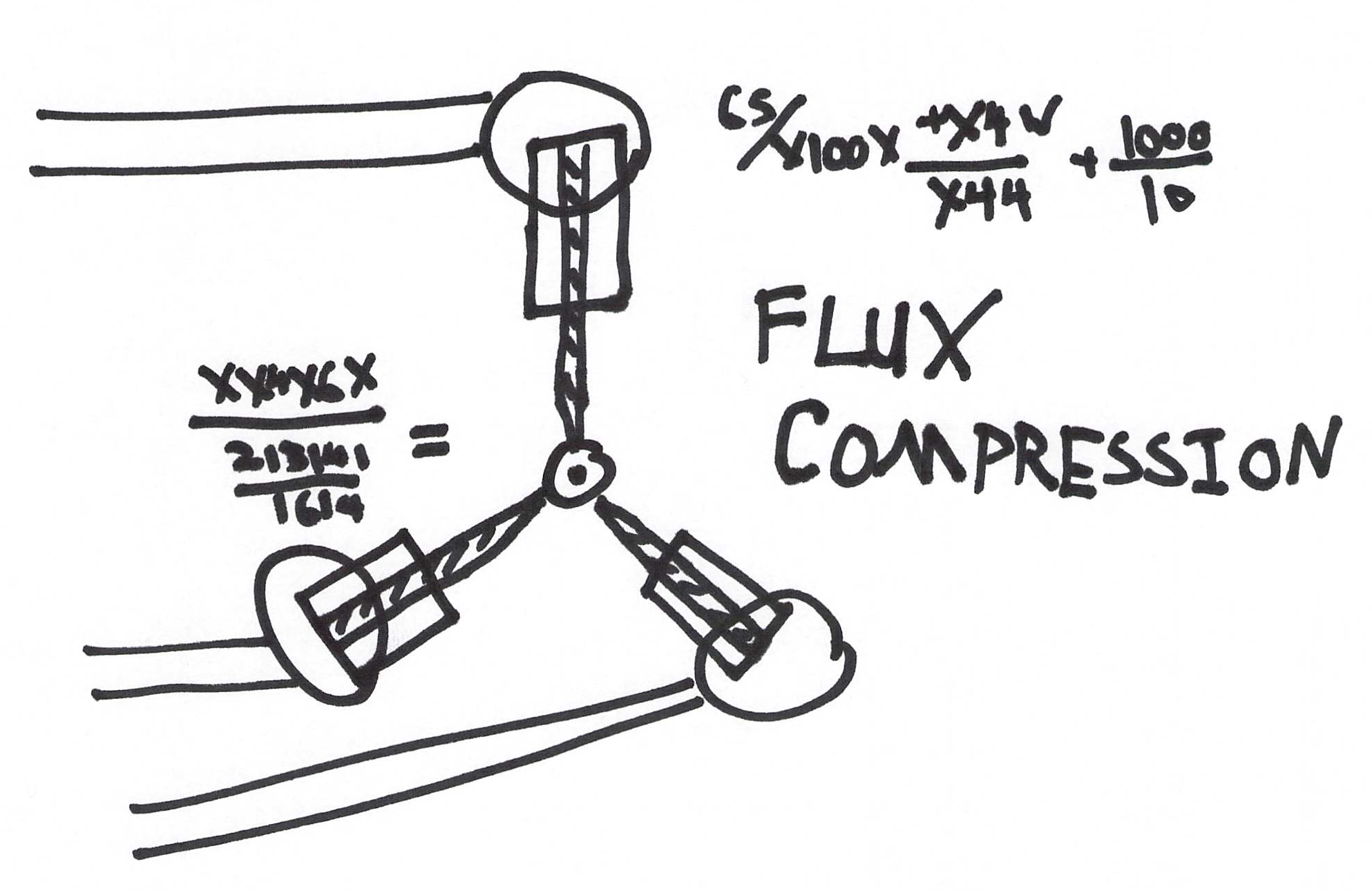(This is a guest post by Rich Mironov, who coaches product executive and lean product development/owner teams. He wrote The Art of Product Management. You can find Rich on Twitter, LinkedIn or on his blog.)
 I was at a recent Lean Startup Circle talk about the future of product management. It was a “back to the future” moment for me, hearing about the need for the strong strategic product management that predates Lean and Agile. A return to first principles, but with more build-measure-learn.
I was at a recent Lean Startup Circle talk about the future of product management. It was a “back to the future” moment for me, hearing about the need for the strong strategic product management that predates Lean and Agile. A return to first principles, but with more build-measure-learn.
Some history: for its first three or four decades, technology lean product development had an engineer-meets-MBA profile. Product cycles were long and computing was mostly for businesses, so deep upfront analysis was critical. Every product plan started with market sizing data, competitive analysis and speculation about next-gen technology. Before we spent $50M building something that our customers would pay $100k each for, we really needed to prove out the economics. Portfolio analysis, adoption cycles and business models ruled. Design expectations were low and UI was about screen-level layout. UX was a mostly foreign concept.
The inevitable failure modes were products that were late, didn’t address serious needs or were badly designed. And product managers had an inflated sense of our importance.
We routinely called ourselves the 'CEOs of our products.' Click To TweetGreat products need a mix of
- economic market insights,
- working technical architecture,
- user-centered design, and
- organizational leadership to keep the rest of the company aligned.
Classic waterfall product management delivers 1 and 4 with sprinklings of 2.
In my first product roles at Tandem and Sybase, I was stuck between architect-led development plans (“here’s what our smart customers will need next year”) and enterprise-sales-driven interrupts (“we can close a $10M deal if we can commit to teleportation in our next release.”) For me, validation was a dozen personal interviews with forward-thinking customers.
We’re a decade into Agile, which has tilted this model toward Engineering. In practice, agile product owners focus almost entirely on the mechanics of getting products defined and shipped, with almost no cycles left for higher-level business goals, broad customer validation or the organizational challenges of marketing/sales/support. Terrific books from Roman Pichler and Greg Cohen teach us how to perform the inward-facing functions of agile product owners — but assume that someone else owns product strategy, portfolio planning, segmentation, pricing, competition, customer commitments and turning technology into money. Product owners typically write individual user stories and accept work, but don’t drive strategic whole product decisions. Product owners also look to some all-powerful executive sponsor who fights off daily attempts to steal resources or shift goals.
We product managers have let ourselves be put into smaller product owner boxes. Click To Tweet We’ve been focused on inward process efficiency when the biggest risks are about markets, viable solutions, and organizing complex sets of employees/partners/suppliers.
We’ve been focused on inward process efficiency when the biggest risks are about markets, viable solutions, and organizing complex sets of employees/partners/suppliers.
User experience professionals and designers were mostly left out of command-and-control product management and early agile. Design was a nice-to-have, a late-stage addition alongside documentation. Button placement, not needs analysis.
I’m a cheerleader for Lean UX, which brings problem validation and deep customer understanding to the fore: ethnography, value propositions and mapping the user’s journey – then quick-turn prototyping and a wide range of real user testing.
I’m also a cheerleader for Lean UX’s mixed-team-of-experts model.
Rather than depending on an imperial product manager, we want to assemble a multi-talented team. Click To TweetA UX lead who brings experience with generative research and behavioral models; a seasoned product manager with financial and go-to-market chops; a technologist who understands workable solution architectures.
More X-Men (and –Women), less Superman. Click To TweetThe future demands strong product management as well as deep design expertise as well as brilliant technology.
Let’s get collaborating.
Become a faster, more confident decision-maker
Learn how to make better pivot or persevere decisions on your real project by building a hypothesis-driven financial model. Innovation Accounting is a six-week training program taught by real entrepreneurs with real experience and you’ll get results you can use right away. Our next course kicks off May 28, 2024.
Save $500 today!
Reserve a seat


